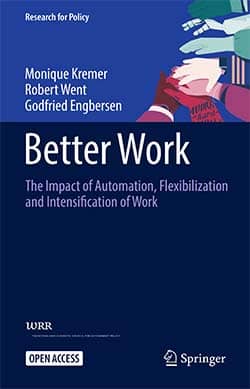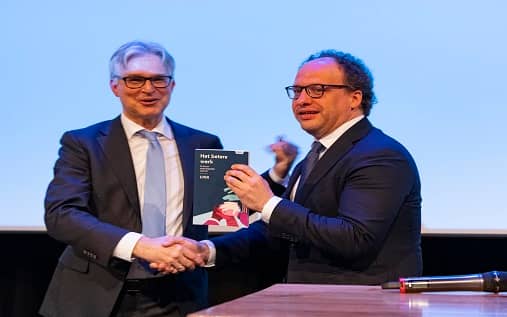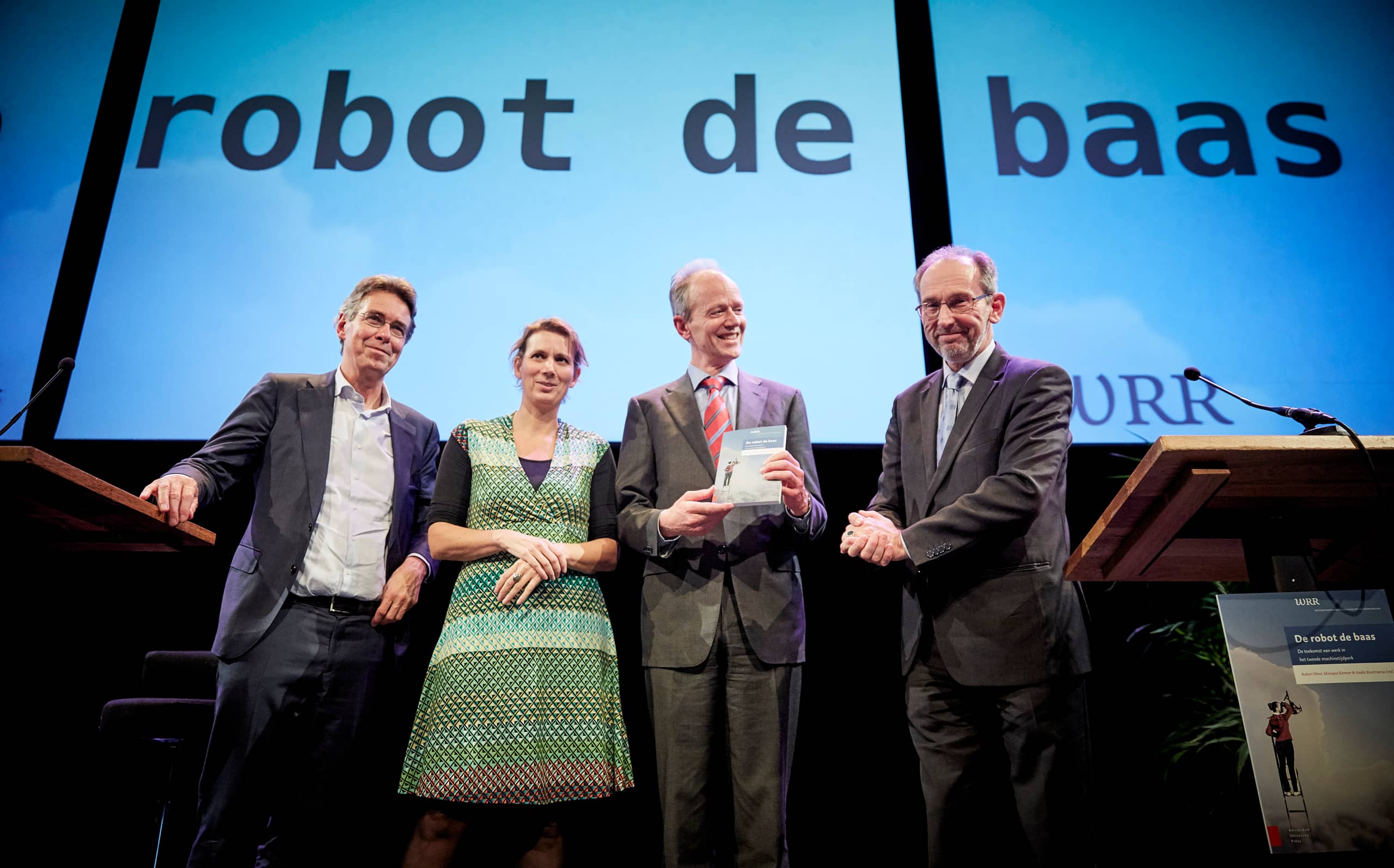Work is central to the economy and to society, and is crucial to people’s lives. Paid work provides income and self-esteem, and it brings people together. But will this continue to be the case?
A lot is changing in the way goods and services are organised and produced. Increasingly, jobs consist of various “tasks” that in some cases can be taken over by computers and robots, or by people somewhere else in the world. What exactly does this cocktail of technological developments and global task differentiation mean for our workforce? Just who will work in future is one question, but another is what our future work will look like.
Flexibilisation of employment relationships
Another labour market trend is the development of looser connections between employers and employees, i.e. the flexibilisation of employment relationships. Will the concepts of “employee” and “employment contract” cease to apply? Such changes raise questions regarding the rules, legislation, agreements, and certainties which form the basis of the world of work and the welfare state.
Social and economic significance
The aim of the Future of Work project is to identify crucial labour market trends in the area of the digital revolution and the flexibilisation of employment relationships, and to investigate their social and economic significance. And what response do these trends demand as regards policy? In 2020 the WRR presented the conlusions and recommendations in the report Het betere werk. de nieuwe maatschappelijke opdracht (no. 102). This report is translated and published in the Research for Policy series by publisher Springer. The title of the publication is Better Work. The impact of automation, flexibilization and intensification of Work an can be freely obtained from www.springer.com.
Publications

Image: © WRR
Better Work. The impact of automation, flexibilization and intensification of Work (2021)
The automation, flexibilization and intensification of work will have significant consequences for people. For this reason, good work for everyone should become a priority for companies, institutions, employer and trade union associations, and the government. Good work is essential for the quality of individual lives as well as for the economy and society more broadly. This is the outcome of an analysis by the Netherlands Scientific Council for Government Policy (WRR), summarized in a report entitled Better Work: the Impact of Automation, Flexibilization and intensification of Work.

Image: © WRR
This publication is a contribution to the debate in the Netherlands concerning the future of the labour market. The number of people who have a permanent job is decreasing while insecurity on the labour market is increasing.

Image: © WRR
Mastering the Robot. The Future of Work in the Second Machine Age (2015)
In this publication, technology experts, economists and other researchers consider what robotisation and digitisation mean for the future of work. Some jobs will disappear, new jobs will be created, and the nature of much of our work will change. But robotisation takes much more time and effort than many assume.
News

Good work for everyone should be the new social mission
The automation, flexibilization and intensification of work will have significant consequences for people. For this reason, good ...
Read more
WRR report 102: Invest in quality of work now
New technology, the growth of flexible working options and a higher workload can greatly affect quality of work. The Netherlands ...
Read more
WRR calls for inclusive robot agenda
Robotisation will change the way we work in the future. To ensure that robotisation is good for the economy and for workers, a ...
Read more
